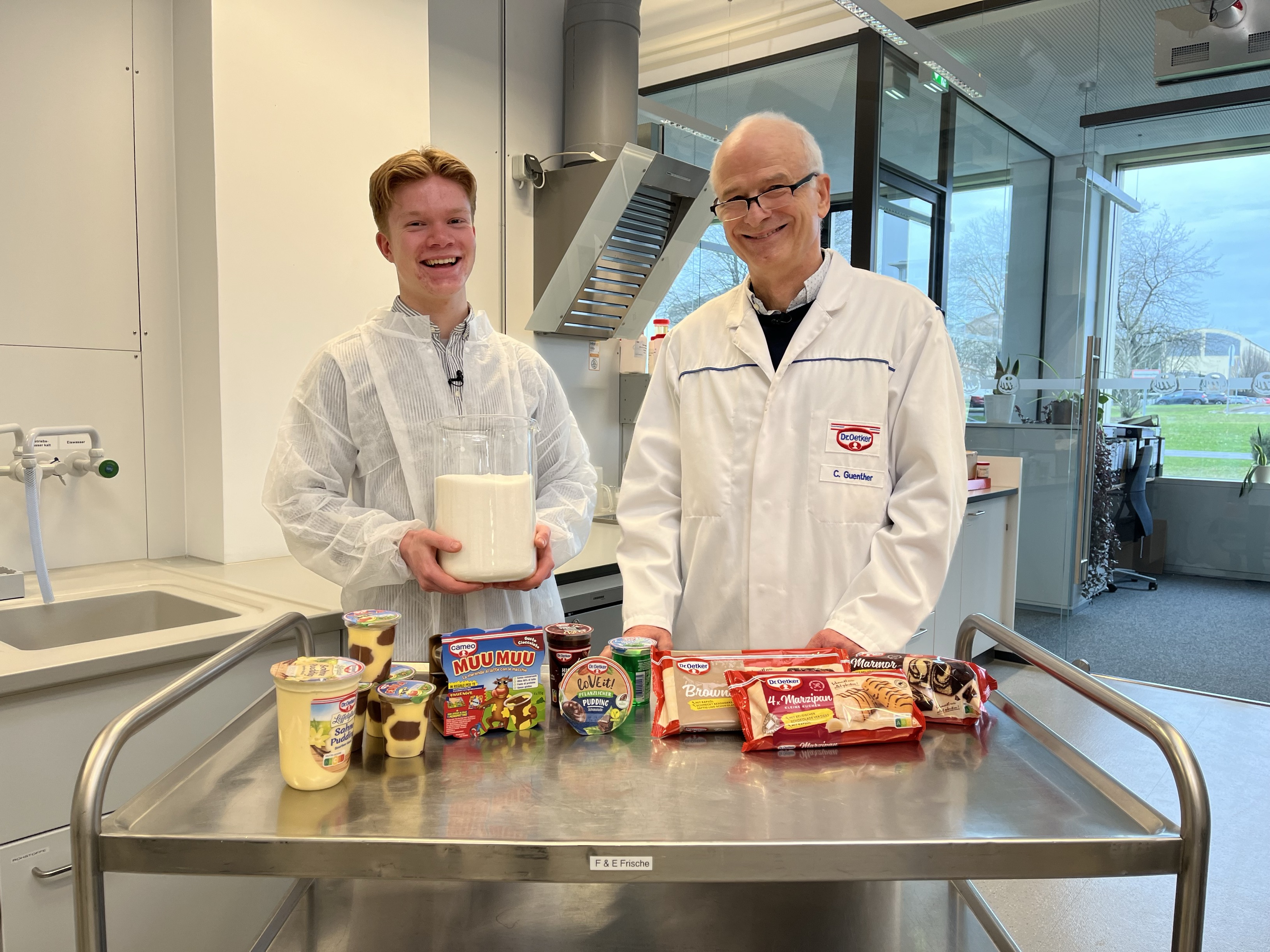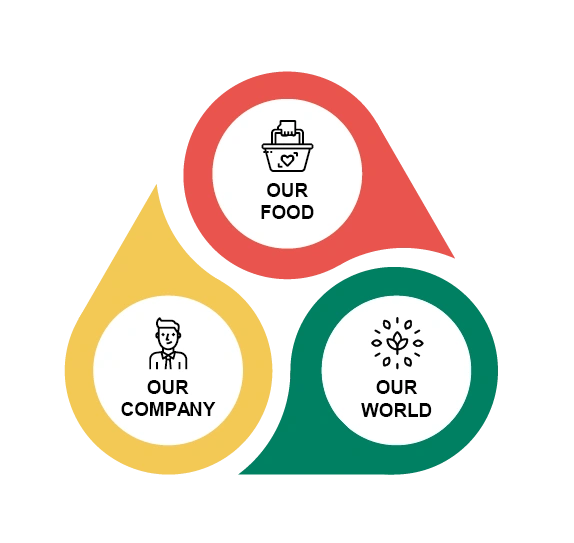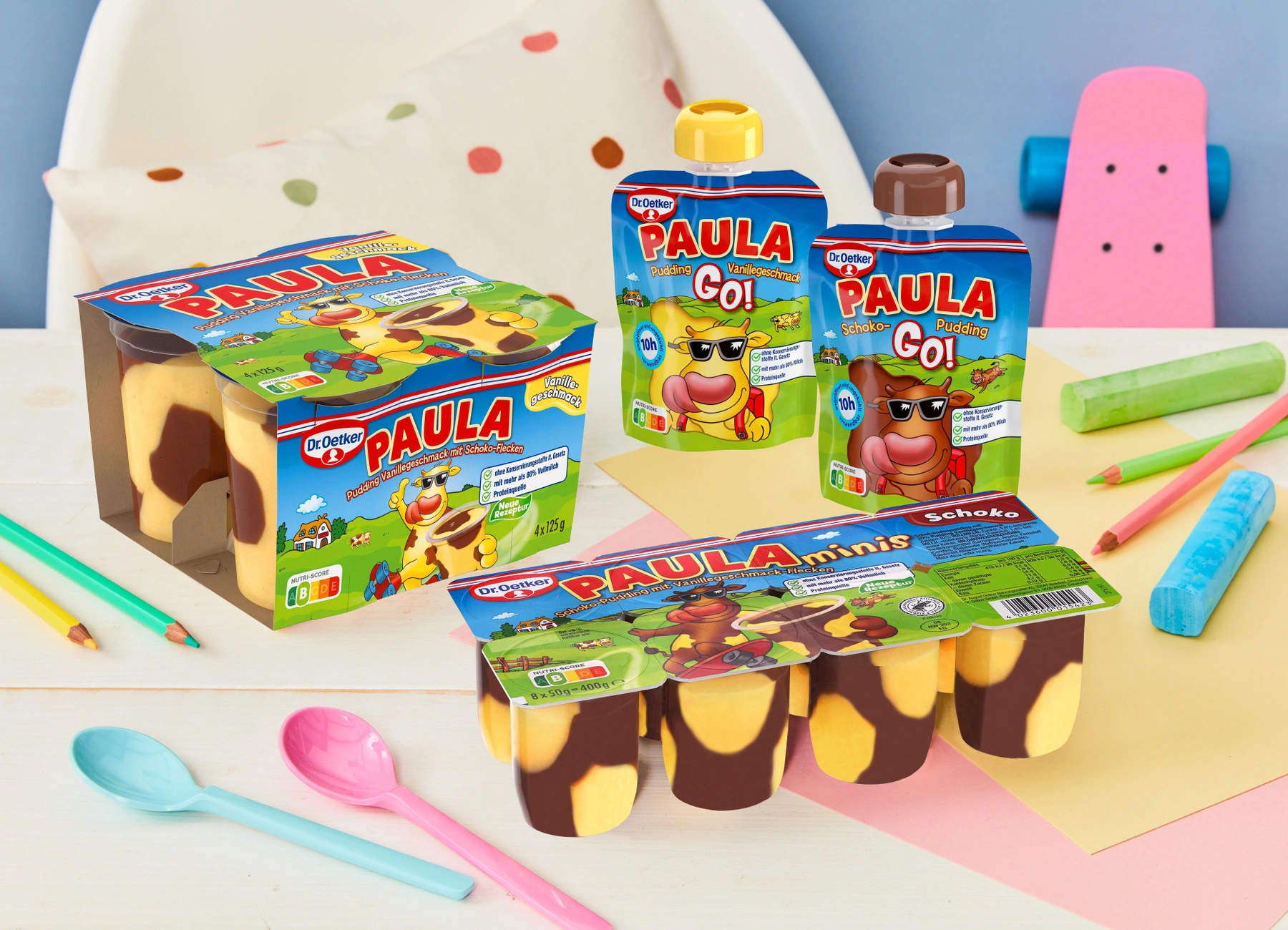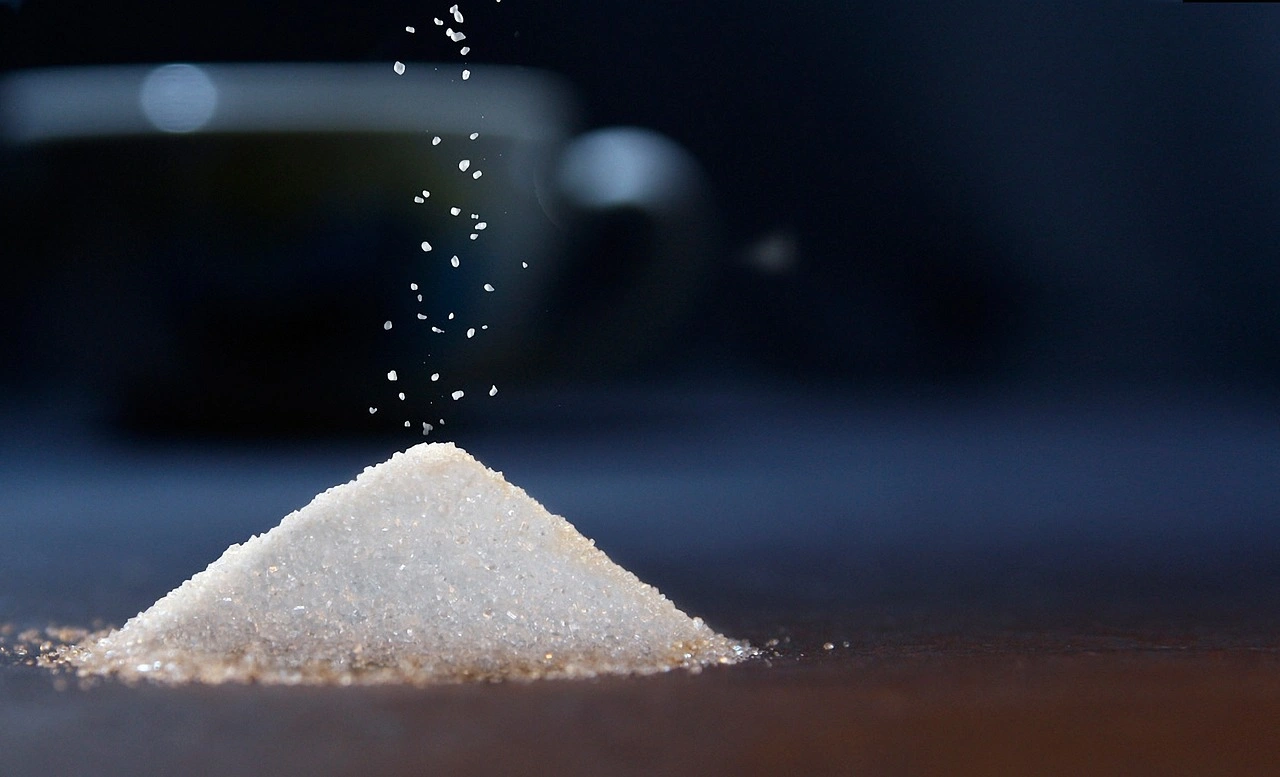Dr. Oetker Stories
Sugar put to the test
We talked to Dr. Claus Günther, Head of Research & Development at Dr. Oetker, about sugar - and shed light on many currently discussed aspects that have a significant influence on our product development.

30.4.2024 • Sustainability Our Food
Sugar is not only a source of energy, but also fulfils many functions in food: it rounds off the taste, influences texture and consistency and has a natural preservative effect. With our products, we stand for enjoyment – and at the same time we are aware that people should eat sugar in moderation. For example, we take a close look at the extent to which we can reduce the sugar contained in all desserts and cakes worldwide while maintaining the same good taste.
In an interview, we asked Dr. Claus Günter, Head of Research and Development, how he assesses the public discussion on the topic of "sugar", what we at Dr. Oetker are doing to reduce the sugar content of our products and what challenges we are overcoming in the process.
"How do we assess the current sugar discussion?"

Many people now also prefer desserts and cakes to be less sweet - but once you get used to a taste, you are irritated when it is changed too significantly. That's why we're gradually adapting our recipes. In doing so, we make sure to adapt recipes so that our consumers taste just as good as before - or even better.
"Sugar in itself is not bad, it's just the amount. In countries like Germany, we consume far too much sugar. That's why we also need to reduce the sugar content in our products." Dr. Claus Günther, SEM R&D Quality Assurance & Management Systems
The topic of sugar reduction is also firmly anchored in our Dr. Oetker Sustainability Charter.

"And could you give us a specific example where we have already successfully reduced sugar?”

Also for these examples Dr. Oetker has already managed to reduce the sugar content:
From 2006 to the end of 2022, we reduced the average sugar content of the entire Vitalis range to 18.9% percent* – from 24.6g/100g, gradually to 18.9g/100g.
Since 2022, we have already changed numerous recipes in our range of powdered desserts so that our consumers have to add less sugar at home. An example of this are our jelly and the cold bowl. By autumn 2024, we will be adapting numerous other ranges and reducing sugar in the individual recipes by between 2.2% and 16.7%.
"Is it always so easy to reduce sugar, Dr. Günther?"

Finally, we asked Dr. Günther what else he would like to see in the discussion about sugar:

More stories about our product development and ingredients:
*sales-weighted average value in the German market